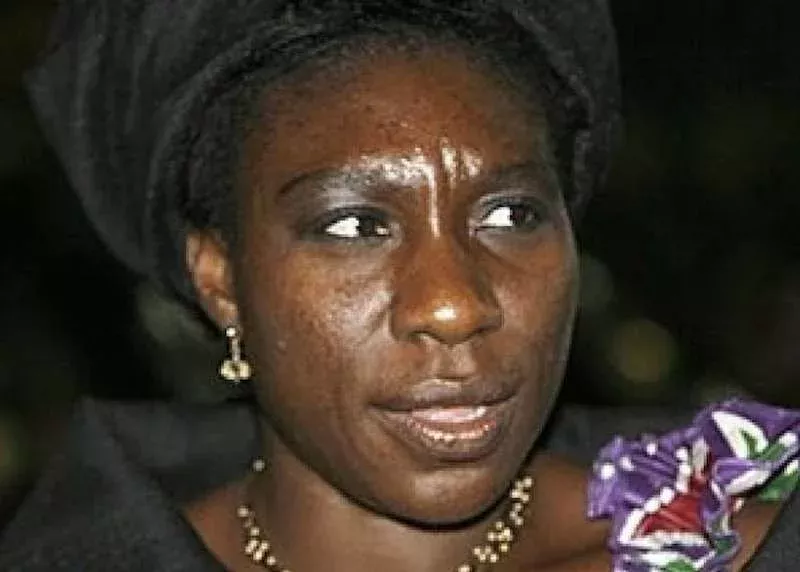Nigeria, along with several UN Member States, civil society representatives, and other stakeholders, has approved a declaration to accelerate efforts in ending Tuberculosis (TB) by 2030.
The document outlines ambitious targets for the next five years, including the goal of reaching 90% of individuals with TB prevention and care services, providing social benefits to those affected by the disease, and licensing at least one new vaccine.
TB currently ranks as the second leading infectious killer worldwide, following COVID-19. The World Health Organization (WHO) reported that there were 1.6 million deaths related to TB in 2021 alone.
Furthermore, the existing TB vaccine is over a century old.
The commitment to fighting TB was made by all 193 Member States and various stakeholders during a high-level meeting on the global efforts against TB at the ongoing 78th UN General Assembly.
“Why, despite the progress we have made – from space exploration to having information at our fingertips – have we been unable to defeat a preventable and curable disease that claims the lives of over 4,400 individuals every day?”, queried Dennis Francis, the President of the UN General Assembly.
For millennia, TB has plagued humanity under various names, such as the white plague and consumption. It is caused by bacteria and primarily affects the lungs, with treatment being administered through antibiotics.
The WHO convened a council this week to facilitate the development and equitable distribution of new TB vaccines.
Addressing the TB epidemic is one of the health targets outlined in the Sustainable Development Goals (SDGs), the guiding principles for a more equitable and environmentally friendly global future by the end of the decade.
Five years ago, countries aimed to deliver TB treatment to 40 million individuals, but only reached 34 million. They also sought to provide 30 million people with preventive treatment but fell short by half.
UN Deputy Secretary-General Amina Mohammed called for action to address the main drivers of TB, such as poverty, malnutrition, limited access to healthcare, high rates of HIV infections, diabetes, mental health issues, and smoking.
“We also need to reduce the stigma surrounding the disease, so that people can seek help without fearing discrimination,” Mrs. Mohammed added. She further urged governments to ensure universal health coverage that encompasses TB screening, prevention, and treatment.
Mrs. Mohammed also shared a personal connection to the global fight against TB.
“My commitment is rooted in my personal experience: losing my father to TB when he was 50, precisely 37 years ago this week,” she shared.
“Today, we have the tools to diagnose and treat TB, but what we urgently need now is a vaccine. Let’s put an end to TB. It is possible,” she emphasized.
Mongolian author Handaa Rea, a TB survivor, pleaded with world leaders to approach TB not only as a medical issue but also as a social problem.
She recounted her own encounters with TB-related stigma and discrimination prevalent in many developing countries, leading to delays in seeking treatment for “hundreds of thousands of people.”
“The consequences of this stigma are particularly harsh for women and girls, who are held to higher standards of health, well-being, and appearance,” she highlighted.
“When society says things like ‘she’s too skinny because she has TB’ or ‘she’s unworthy of marriage because she has had or continues to have TB’ or ‘she must have TB because she is irresponsible,’ we are essentially bullying TB patients closer to death – a death that is entirely preventable. And this must stop,” she declared.
WHO Director-General Tedros Ghebreyesus expressed his admiration for the “amazing” energy in the room, with participants frequently chanting “End TB, yes we can!”



